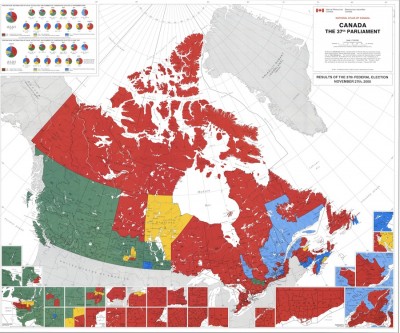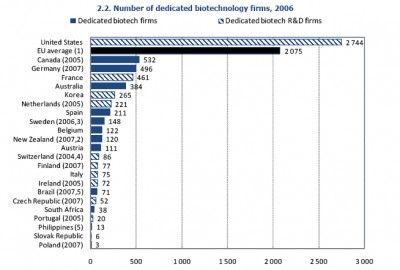
What follows is an excerpt from Frankfurt School theorist Walter Benjamin’s “On the Concept of History” {1940}::
My wing is ready to fly
I would rather turn back
For had I stayed mortal time
I would have had little luck.
– Gerhard Scholem, “Angelic Greetings”There is a painting by Klee called Angelus Novus. An angel is depicted there who looks as though he were about to distance himself from something which he is staring at. His eyes are opened wide, his mouth stands open and his wings are outstretched. The Angel of History must look just so. His face is turned towards the past. Where we see the appearance of a chain of events, he sees one single catastrophe, which unceasingly piles rubble on top of rubble and hurls it before his feet. He would like to pause for a moment so fair [verweilen: a reference to Goethe’s Faust], to awaken the dead and to piece together what has been smashed. But a storm is blowing from Paradise, it has caught itself up in his wings and is so strong that the Angel can no longer close them. The storm drives him irresistibly into the future, to which his back is turned, while the rubble-heap before him grows sky-high. That which we call progress, is this storm.
When I was in graduate school at UC-Irvine, I was in a doctoral seminar where we pondered these words. What did Benjamin really mean with his Angel of History? I struggled with it then and scholars have pondered Benjamin’s essays for decades.
I’ve been thinking of The Angel of History a lot these days, in terms of globalization, the financial meltdown, and the Big Recession. When Benjamin wrote this essay, he was thinking of the revolutions in France in of 1789, 1830 and 1848 and the Paris Commune of 1870. These “revolutions” are separated in time, but are part of a constellation. This is what the Angel sees when looking back at the rubble and the destruction of revolutions, but nothing can be done, as progress propels a trajectory. Benjamin’s view of the world was non-linear and dealt in gestalts.
In a global sense, I wonder if we are witnessing a shift. Progress and history are moving along a trajectory punctuated by discontinuities that affect the entire globe. These discontinuities aren’t isolated, but part of a constellation of ideas, concepts, events, actions, etc., such as::
- The fall of the Soviet empire
- The formation of the EU
- The rise of global financial flows
- The ubiquity of media
- The rise of fundamentalist Islam
- The rise of technologies and resultant efficiencies from IT and the web
- The rise of China
- The problem of intellectual property rights & their enforcement
- The rise of emerging technologies like biotechnology based on the genome
- The Big Recession of 2008-present*
What can be said of a constellation of the above? Are they isolated or interrelated? More importantly, how do these inform where we’re heading?
*Is this a discontinuity or a merely a part of ordinary business cycles?
Twitterversion:: Thoughts about Walter Benjamin’s Angel of History, as it pertains to the global economic meltdown. #ThickCulture http://url.ie/4yje @Prof_K
Song:: Young Galaxy-“Long Live the Fallen World”



